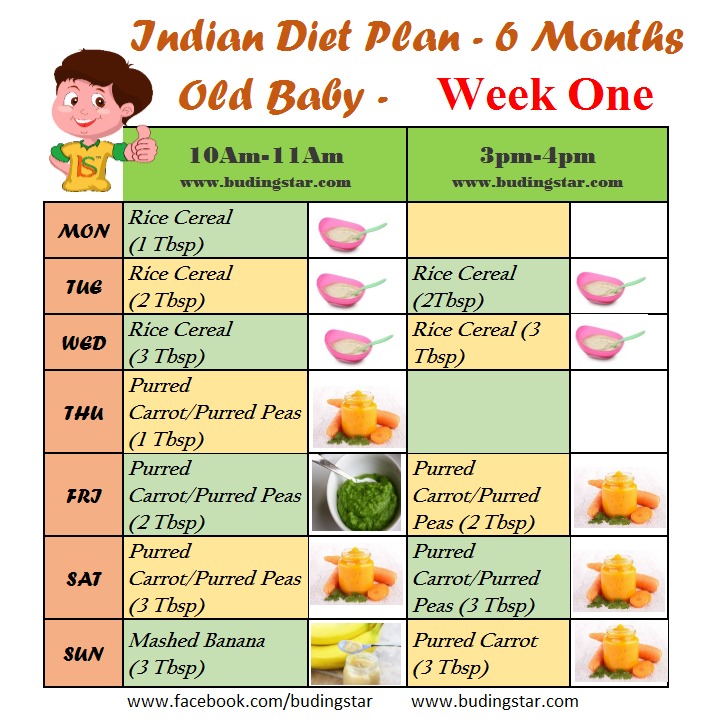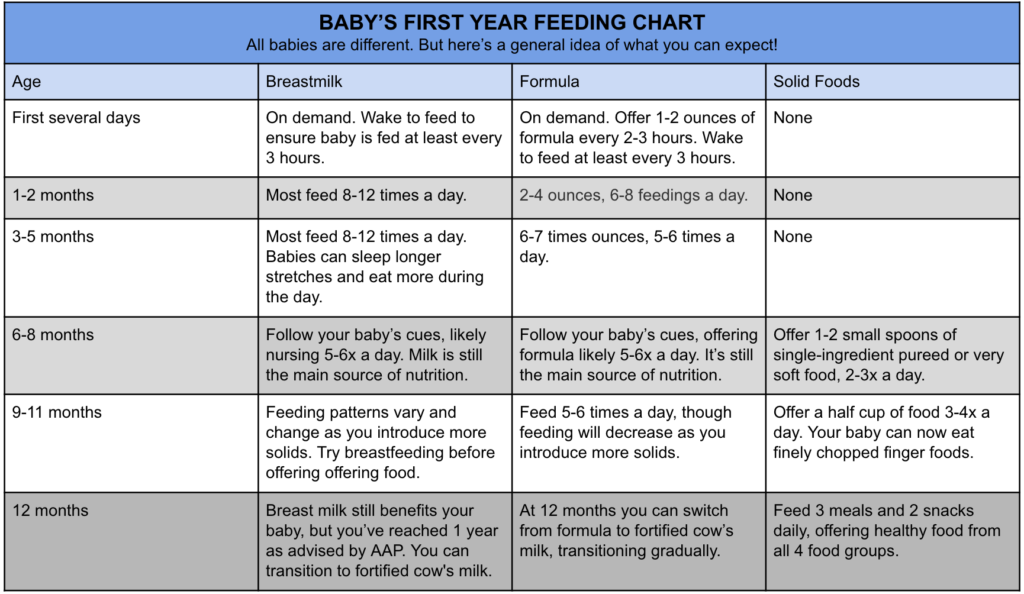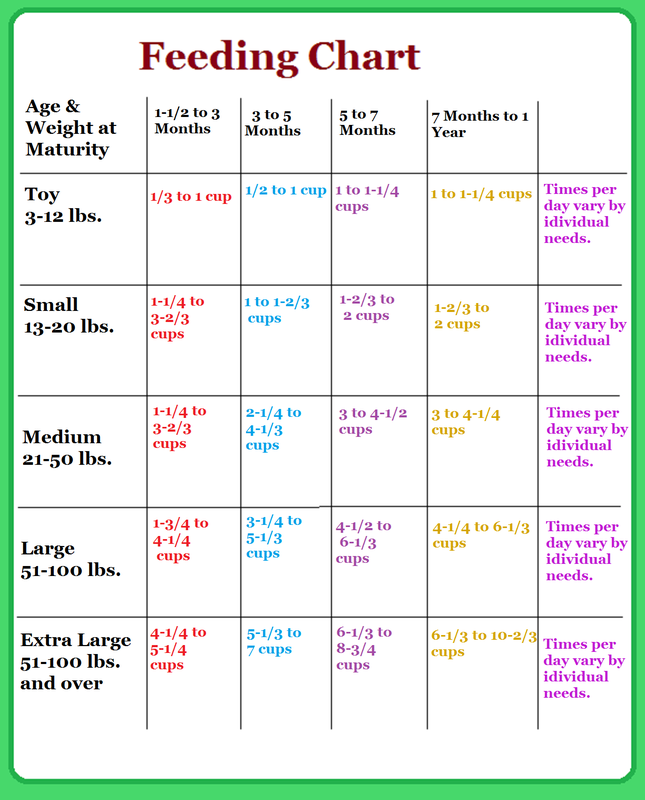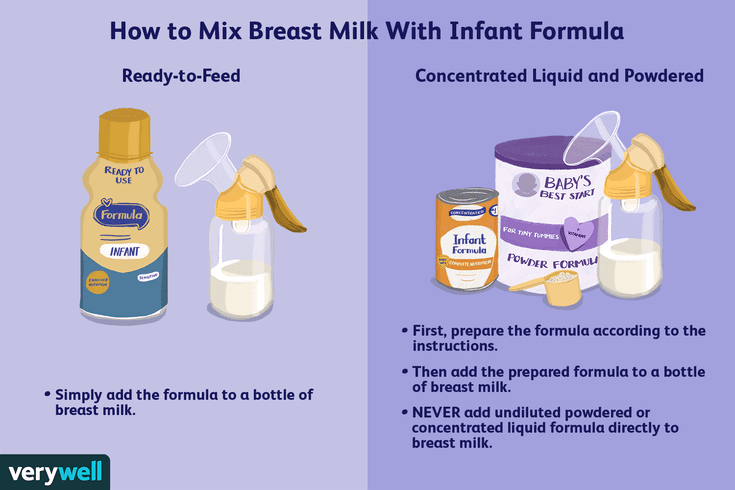Baby wants to feed every hour
Is your newborn feeding every hour and not sleeping?
Posted on . Last updated .
If your newborn is never able to go 2 to 3 hours between feedings, your baby may be snacking all day instead of getting full feedings. Let’s talk about newborns and full feedings.
As a new mom, I thought “feed on demand” meant that I was supposed to feed Ella anytime she cried, no matter the reason. At every whimper, I’d offer a feeding - she would pop on, nurse a bit, and pop off. I didn’t realize that she was snacking instead of getting a full feeding.
In those early days, I didn’t know how to read my newborn’s sleepy cues and so I interpreted every cue as hunger. I didn’t have the tools to help her when she was tired. This was actually leading to poor feedings and a whole lot of snacking. She was feeding every hour and not sleeping.
Feeding and sleep are so interrelated, which is why I’m so glad to have lactation consultants and counselors on my team. I asked Blakely, an IBCLC on the Taking Cara Babies team, to talk about some of the most common questions surrounding snacking, full feedings, and sleep. I’d love for you to hear from Blakely before we dive into all of the details.
Why are full feedings so important for babies (and parents)?#
1. Full feedings lead to a baby who is content between feedings.
2. Full feedings allow for parents and babies to enjoy active awake time.
3. Full feedings help us respond to hunger needs appropriately instead of assuming every cry is a hunger cry.
4. Full feedings allow for adequate daytime calories which allows for more consolidated sleep at night. Let me show you this example:
5. When nursing, full feedings help babies get the perfect balance of protein and fat that is vital for growth and development.
When nursing, full feedings help babies get the perfect balance of protein and fat that is vital for growth and development.
For breastfeeding Moms, those first few weeks are establishing your milk supply. Full feedings can help with this because the more milk that is removed, the more milk your body produces.
Is snacking the same as cluster feeding?#
Snacking and cluster feeding are different. There can be times during the day when your baby feeds closer together. This is generally in the late afternoon or evening and is often called cluster feeding. This can be normal for both nursing and bottle fed babies. The difference between cluster feeding and snacking is that snacking is happening all day, whereas cluster feeding happens closer together for a portion of the day.
How do I help my newborn stop eating every hour and prevent constant snacking?#
1. Know what hunger cues look like.
2. Help your baby stay awake while feeding. Wondering how? Keep reading!
Wondering how? Keep reading!
3. Try waiting 15-30 minutes before feeding. She often won’t be hungry enough to eat well if she just ate 45-60 minutes ago.
4. If you’re bottle feeding and struggling to get more than an ounce or two, consider going up a nipple size.
Should I put my newborn on a feeding schedule?#
No, you shouldn’t. Research shows that it’s important to follow hunger cues instead of a rigid clock schedule. It’s vital that we feed our hungry baby.
How do I keep my baby awake during feedings?#
1. Undress your baby and get her skin-to-skin with you. Skin-to-skin contact encourages sucking and helps keep your baby awake while feeding. This is great for both breast and bottle-fed babies.
2. Take a quick break and lay him down in the middle of the floor. Sometimes just being away from your warm body will wake him up a bit.
3. Try rubbing a damp cloth on her face and chest.
4. Do a diaper change before a feeding and again half-way through the feeding.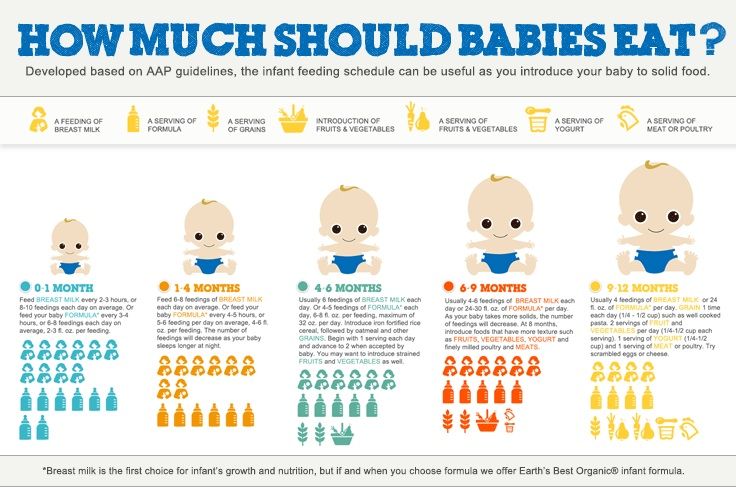
5. Ensure that your baby has a proper latch.
How much should my newborn be eating in 24 hours?#
I know that so many parents want a number, but the answer is truly different for each baby.
Some questions to ask yourself if you’re concerned that your baby is not getting enough are:
Is your baby content between feedings?
Is your baby gaining weight and staying on his growth curve?
Is your baby able to go 2-3 hours between feedings?
Talk with your pediatrician if you have any concerns.
How do I know if my newborn is full?#
When your newborn is taking full feedings, it can be easier to know if they are truly full after a feeding. Here are some cues that we see when a newborn is full:
Her hands are relaxed and open instead of curled into fists.
If you lift up his arm, it drops heavily instead of your newborn pulling it back towards his body.
Your baby is content at the end of a feeding and able to go 2-3 hours before the next feeding.
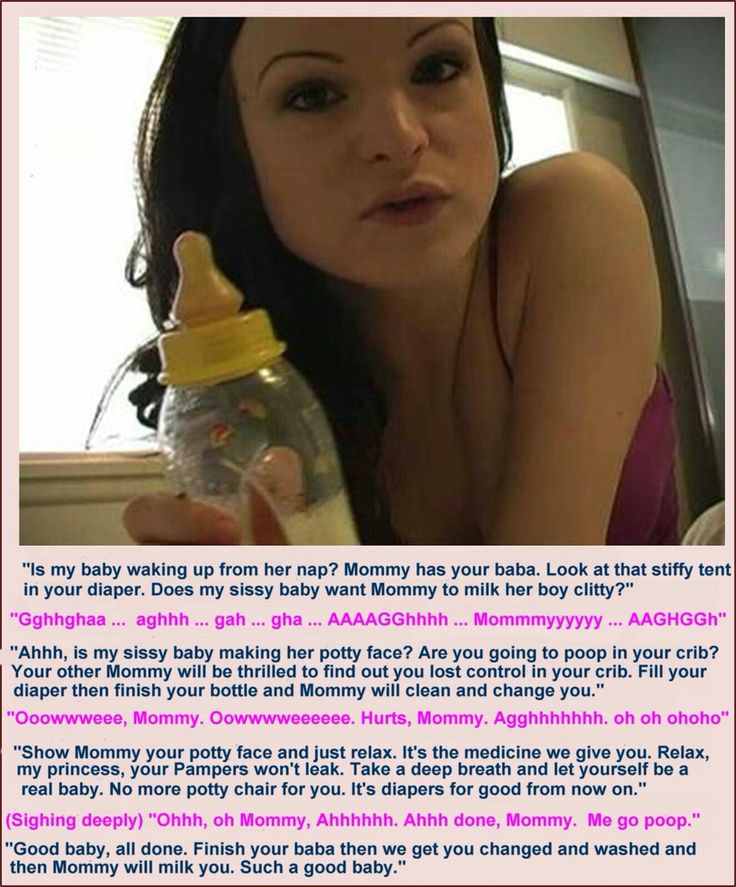
Please know that you might not see all of these each time.
How do I set up a routine with my newborn?#
My First Five Months Bundle will help you do just that: set up a flexible routine that is responsive to your baby's cues. I'll walk you through setting your days and nights up for success as you lay a healthy sleep foundation with no crying involved. Let me show you how to meet your baby right where he or she is developmentally and love the newborn stage.
Be sure to give yourself and your baby grace! You and your baby are both learning together. If your baby is simply not satisfied between feedings and can never go longer than two hours between feedings, please work closely with your lactation consultant and pediatrician. They are your best resource in navigating feeding struggles. My classes are designed to help you learn how to balance those feedings and sleepy cues to help your family thrive and enjoy the newborn stage.
Cara Dumaplin
I’m a mom of four, neonatal nurse, wife of a pediatrician, and a certified pediatric sleep consultant.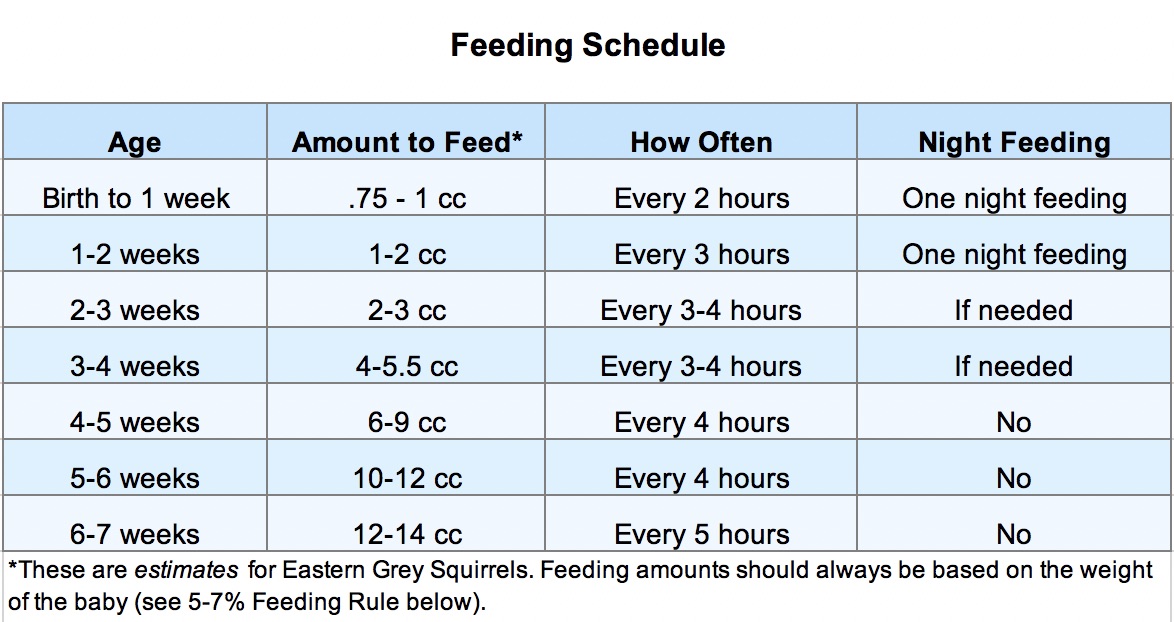 My passion is teaching parents how to help their babies sleep with the expertise of a nurse and the heart of a mama so they can reclaim the joy of parenthood.
My passion is teaching parents how to help their babies sleep with the expertise of a nurse and the heart of a mama so they can reclaim the joy of parenthood.
What To Do When Baby Is Feeding Every Hour (& Not Sleeping!)
What's in this post...
Is your baby feeding every hour and not napping or sleeping well? Here’s how you can handle when your little one nurses nonstop.
First let me say, mama, that the newborn period can be rough.
You feel like you were a normal human just a few short weeks ago and now, well, you’re a walking milk producer and baby just won’t settle.
You’re exhausted, weary, and ready for your newborn to sleep.
➡️ The good news is this: with a few tweaks you can stop feeding every hour.
Here’s why your baby feeds every hour
If your baby feeds every hour, they are “snacking.”
Snacking means they are drinking enough fore milk (the less nutrient dense milk that lets down first) that they are filled up enough to doze off in mama’s arms.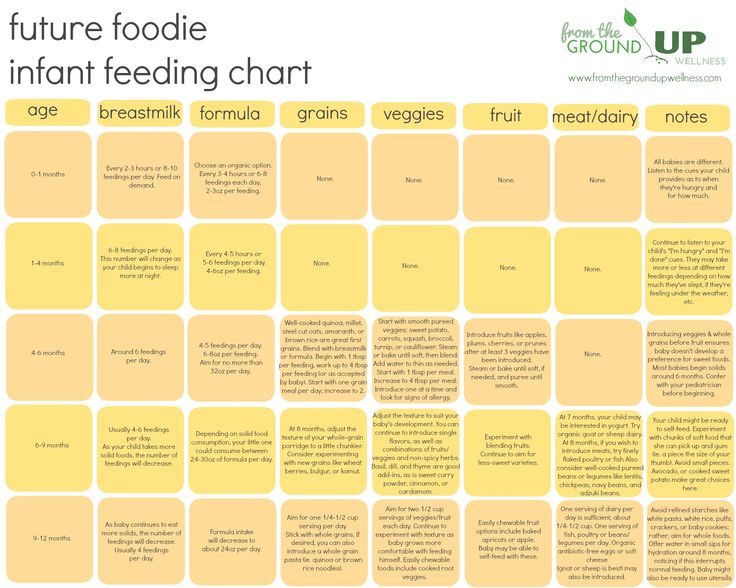
Or, some babies, will stop feeding after a few minutes and just stare up at you with those Big Newborn Eyes👼.
Either case… baby is snacking instead of taking a full feed.
Read These While You’re At It
How to get your baby to stop feeding every hour
If you want your baby to take full feeds, the first thing you need to do is get them on a proper newborn breastfeeding schedule.
You aren’t going to become a slave to the clock, but you’re going to stop the snacking.
Instead of cluster feeding on purpose, right now, you’re cluster feeding by accident.
How do you do that?By only feeding baby every 2.5 to 3 hours and then, at those feeds, giving baby full feeds.
Newborns will naturally only need to feed every 2.5 to 3 hours if they’re taking full feeds each time.
If your baby has a habit of snacking, they will not be the ones to stop it, you’ll have to.
Newborn Feeding Chart
Use this simple printable chart to track your feeds to make sure baby is fed, your supply is up, and everyone is well.
Here’s how to keep baby awake during breastfeeding
When baby feeds for 5 minutes then nods off, you’ll need to swoop in and keep baby awake.
This will help baby get as much milk in as possible and will help them to take better naps.
- Rub baby’s cheek
- Rub baby’s hands or feet in circular motions
- Unswaddle baby (a must if you want to avoid day night confusion)
- Use a wipe or wet wash cloth to rub on baby during feeds
- Stop feeding and hold baby up, speaking to baby
- Take baby outside or somewhere that’s a change of scenery
- Make noise, get near siblings, talk to baby
- Keep the lights on
Read: Is Sleep Training a Baby Bad or Dangerous? Let’s Talk Facts!
The reason baby doesn’t sleep well when they feed every hour
Your little one will likely not take good daytime naps if they are not taking full feeds.
They aren’t full enough to stay drowsy and asleep as they transition sleep cycles.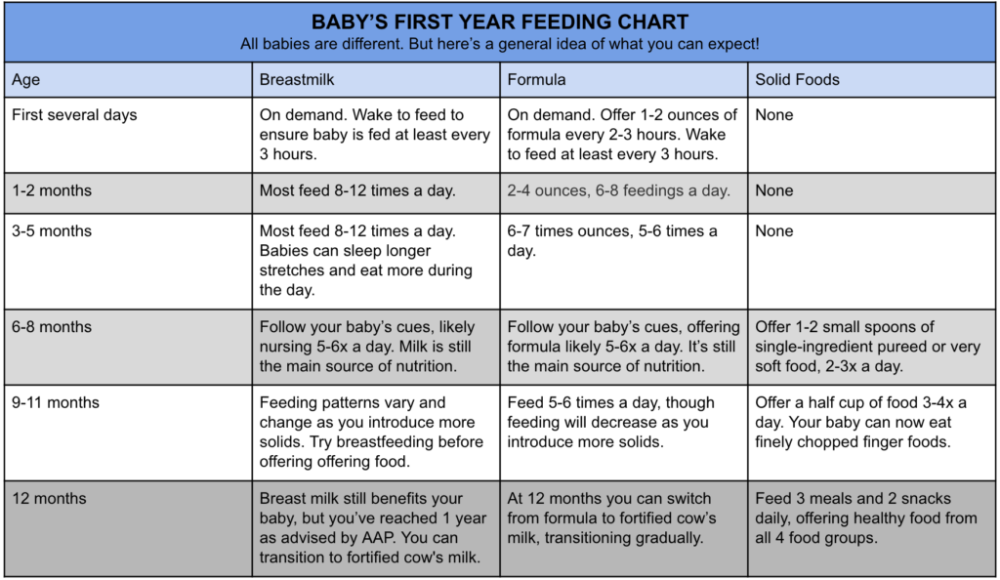
When they transition from active to passive sleep (or vice versa) if they aren’t full and are hungry, instead of just continuing the nap, they’ll become fully alert and ready to feed.
And then, because they only took a short nap, when you feed again for 5 to 10 minutes, they’ll be lulled back into a sleep.
➡️ Continuing the cycle of accidental cluster feeding and an overtired baby.
Related Reads:
- The Biggest Baby Sleep Myth That Backfires Every Time (And Makes Over Tired Babies)
- The Ultimate Guide To Baby Sleep Times (Naps & Bedtime)
How to stop the cycle and get on a good routine
The first thing you need to do is to stop baby from snacking every hour.
Encourage full feeds.
If baby is older than 6 weeks and wants to feed after one hour, consider offering a pacifier (we use these stuffed animal ones) instead.
This may help baby get back to sleep for a longer nap, and will mean the next time you feed baby will be hungry enough to eat a full feed.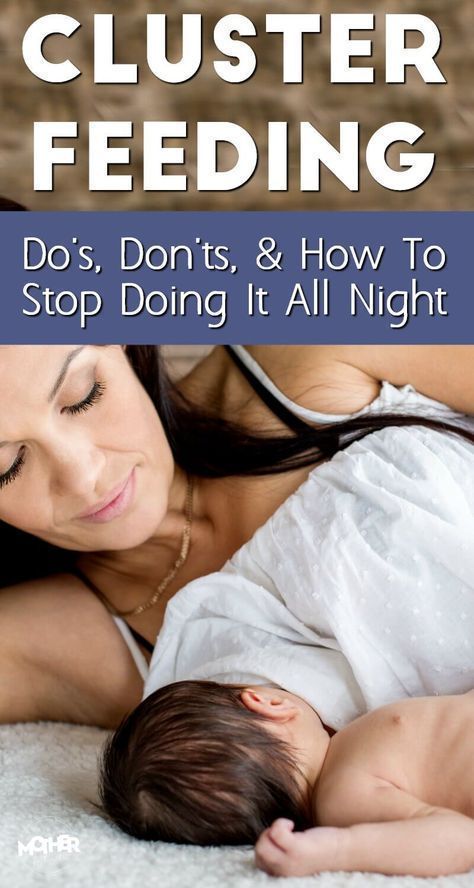
Do the best you can.
Baby has been in the snacking habit and may resist the change, but eventually you’ll see that you have a far less whiny baby on your hands when they have full tummies and are well rested.
Read: 8 Reasons You’ve Got A Whiny Baby And What To Do About It
Sleep Little Lamb
Create sustainable sleep habits for your little lamb so the whole family can sleep peacefully without the stress, drama, and tears.
Learn More
How to get your newborn to nap better
After you make sure that baby has full feeds, you’ll want to work on the napping…
I encourage you to read my full post on baby sleep here – Foolproof Baby Sleep Tips — Routines, Habits & Strategies.
@amotherfarfromhome Follow for more tips like this one! #newmommas #momstrugglesbelike #tipsformom #mommingit #sahmom #parentcoach #mommingallday #newbornbabytips ♬ Sunroof – Nicky Youre & dazy
Here is how to approach napping with your baby:
- Newborns should only be awake for around 45 to 90 minutes at a time (including feeding!) so your newborn routine and your newborn sleep schedule should have a nap after every single feed.
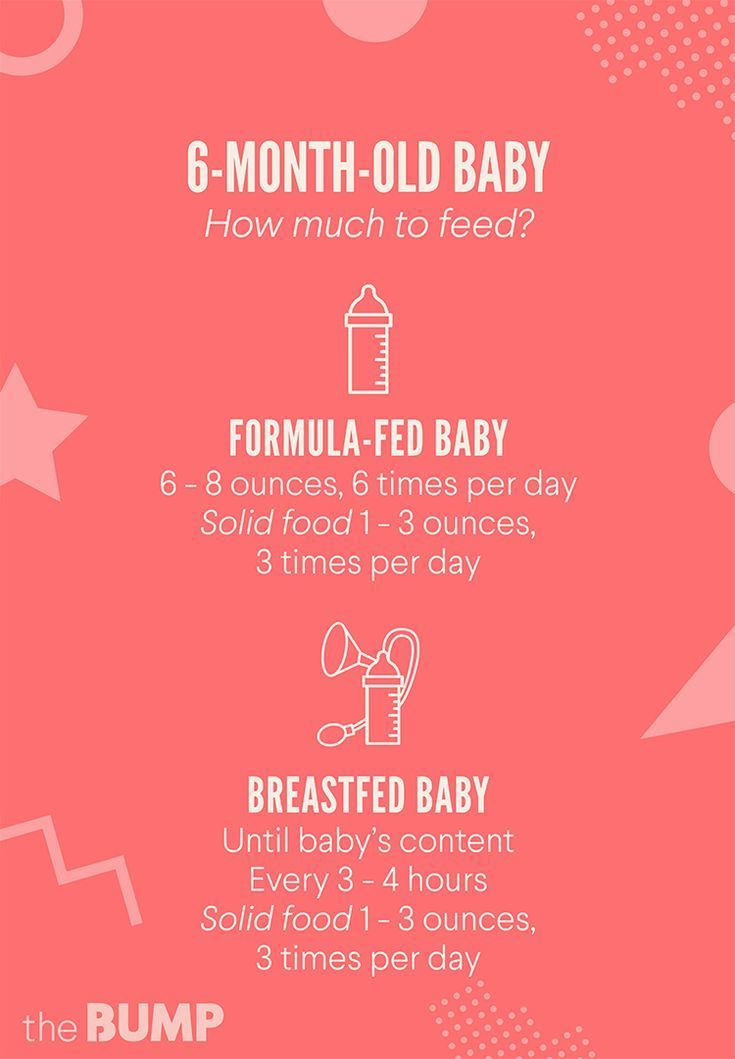
- Don’t rock baby to sleep in your arms and then try to put him in the crib because when he transitions through the sleep cycles he’ll realize he’s not in your arms… and he’ll wake up early.
Read: The Top 10 Indicators It’s Time to Sleep Train
- Establish a basic routine with your baby. You can follow this newborn routine here or modify it slightly.
- Put your baby to sleep drowsy but awake.
- Establish some wind down routines for your little one prior to nap.
- Focus on cluster feeding in the late evening hours which will help baby top up and sleep better throughout the night.
- Identify any sleep props your baby has (things that prevent him from transitioning and sleeping well on his own) and replace those with sleep associations.
28 Things To Do If Baby Won’t Sleep CHECKLIST
Here’s a handy dandy list of 28 things to try so baby will stop fighting sleep and sleep longer and later.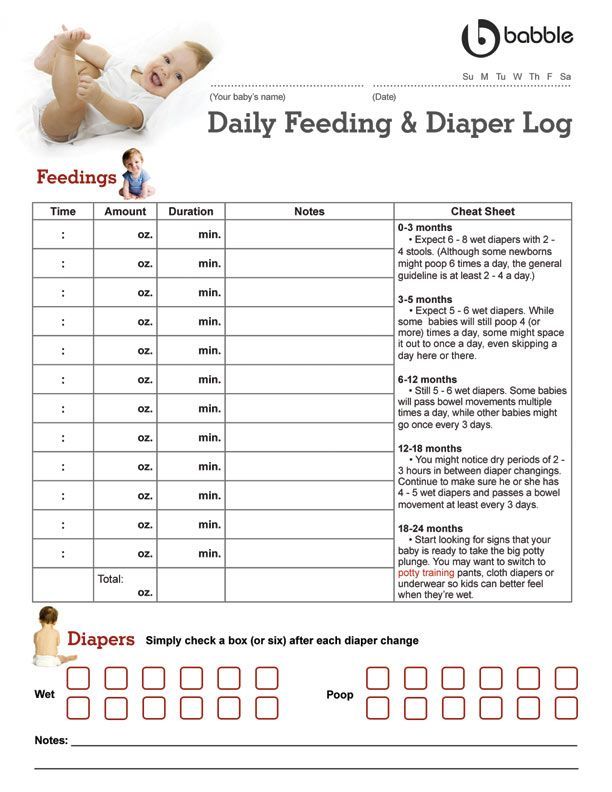
Recap and FAQ… How to get baby to stop feeding every hour and start sleeping
Why does my baby feed every hour?
Short answer… because you let him. Encourage baby to take full feeds and then baby won’t need to feed sooner than 2.5 or 3 hours between feeds throughout the day.
Perhaps even less at night.
Is ten minutes a full feed?
Probably not.
If baby will feed for ten minutes then nap and wake up to feed around 2.5 hours later, it might be.
My daughter fed no longer than 15 minutes per feed, but she could go 3 hours between feeds so, for her, it was a full feed.
Why does my baby want to breastfeed constantly?
If your baby wants to feed constantly, but never feeds that much, then it’s likely an association between feeding and comfort.
You can create other positive associations by cuddling, singing, rocking, baby massage, and other things that will help you to feel bonded to baby (so you can enjoy baby now!) but not be open for milk business all day.
Is feeding every hour cluster feeding?
Yes and no.
Cluster feeding is generally something a breastfeeding mother does on purpose in the late afternoon early evening period (feeding every 2 hours, say) to help give baby all the nutrients he needs so he will sleep later and longer.
Feeding every hour is more like an accidental cluster feeding and if baby isn’t having full feeds then it’s more like Comfort Nursing, not cluster feeding.
About those growth spurts…
Do babies feed every hour when they are going through a growth spurt?
If your baby is going through a growth spurt they will want to feed more often.
This helps your milk supply increase. It’s how you can know if baby is getting enough milk.
If baby is feeding every hour two and taking these feeds seriously – full feeds – then it’s likely a growth spurt or milk supply issue.
Or if baby is trying to feed every hour or two and only feeding for five minutes here or there, it’s not likely a growth spurt.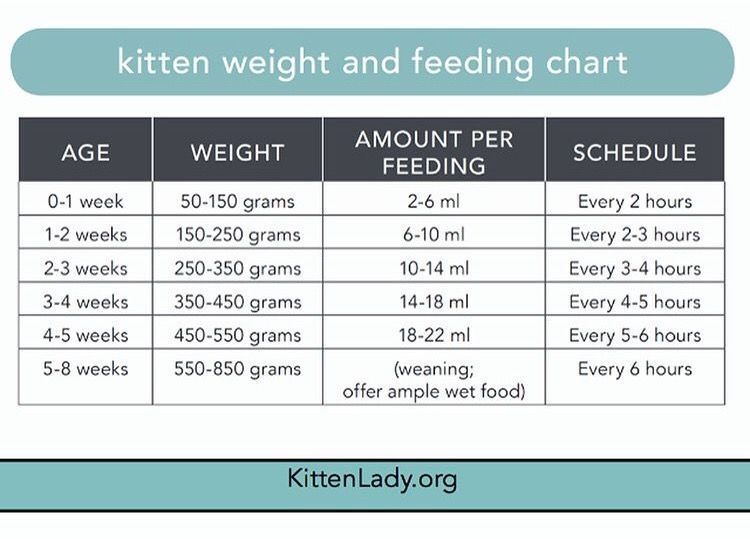
Why does my baby nurse for 5 minutes and then cry?
This could be a number of things.
Baby could have reflux or you could have hyper-lactation.
Baby could have uncomfortable gas.
Or baby could have a food sensitivity to something you’ve eaten. If this persists past a few days, I’d go in to the doctor and rule out the above causes.
Newborn Feeding Chart
Use this simple printable chart to track your feeds to make sure baby is fed, your supply is up, and everyone is well.
Milk supply?
Why does my baby always seem hungry and never satisfied?
This could be your milk supply. Here’s how to know if baby is getting enough milk.
Could be that baby is going through a growth spurt which means baby is more hungry.
Baby might be teething and eating is not comfortable so he’s not feeding well and in pain. Try pain management for babies who are going through teething.
Why is my newborn feeding for hours on end?
Short answer: they don’t.
They may stay at the breast for a long time, but that doesn’t mean they are actively feeding.
If your baby will take a pacifier you’ll see that they will also suck at the pacifier while sleeping.
Encourage your baby to be awake for feeds and then, after 30 to 45 minutes, take baby off the breast and let them take a nap in their own crib.
Sources:
- The importance of schedules and routines
- Routines minimize chaos which promotes resilience and regulation
- Routines indicators of predictable family life contributing to childhood development
::
The child asks for food every hour: feed according to the regimen or on demand?
Kizino Polina Aleksandrovna
pediatrician, perinatal psychologist
What should and should not be done if a newborn baby asks for food every hour? Polina Kizino, a pediatrician and leading expert of the Smart Mama online school, gives advice on breast milk and formula feeding, as well as on cluster feeding of an infant, which will help even experienced mothers.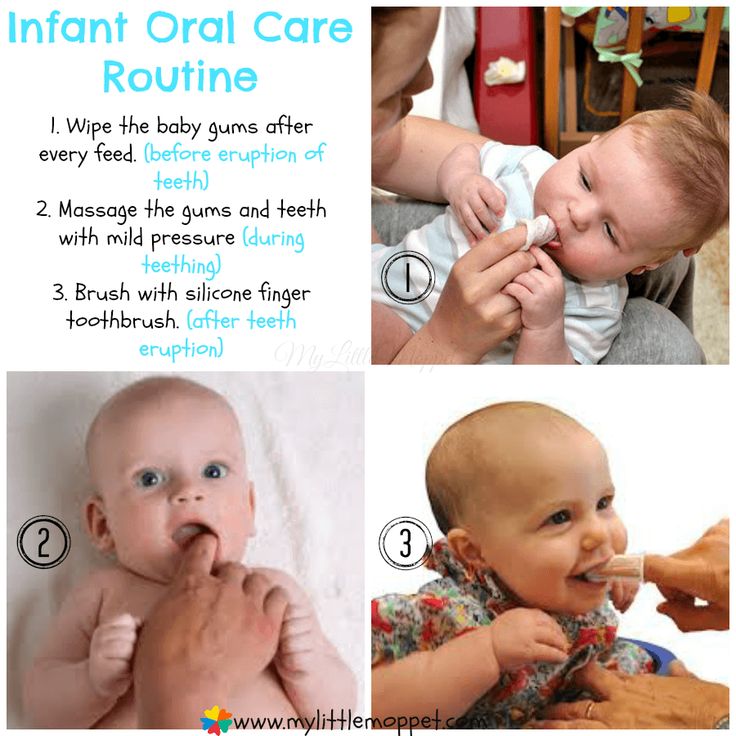 nine0003
nine0003
— Polina Alexandrovna, why does the child ask for food every hour?
— A child needs frequent feedings at certain periods of his life and development. Here, the main problem is that often mothers do not distinguish between the child's need for food and his anxiety for other reasons. For them, a fussy baby is always hungry and needs to be fed. But acting by mistake, you can go beyond the norm.
— Is it worth keeping a baby's diet at all and how to avoid overeating? nine0010
— When breastfeeding, a baby can suck out different amounts of milk in different feedings and get hungry a little earlier or a little later, so a nursing mother needs to trust the baby more and follow his needs. The mixture stays in the baby's stomach a little longer than breast milk, and to avoid overfeeding, clear intervals between bottles are introduced. Mixed feeding will be a cross between breastfeeding and artificial feeding.
Overeating in a small child is rare.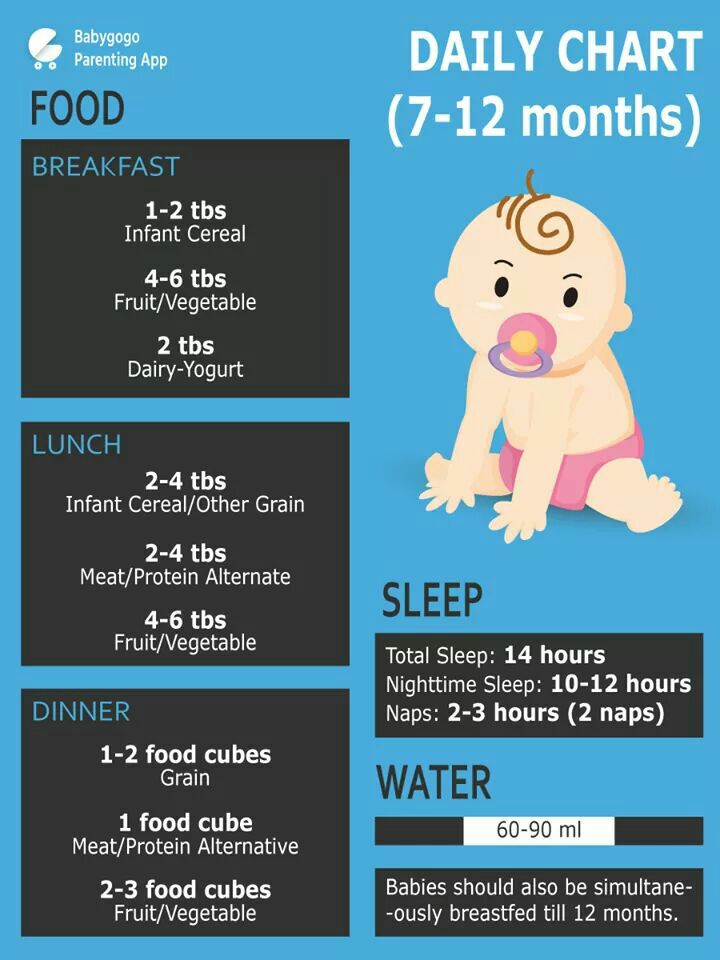 In extreme cases, if so much is eaten that the stomach does not hold food, the baby will spit up an extra amount of milk or formula. nine0003
In extreme cases, if so much is eaten that the stomach does not hold food, the baby will spit up an extra amount of milk or formula. nine0003
Read also
- How much and how often to feed the baby day and night, and whether to set feeding hours.
How often to feed a newborn
— Why is the baby constantly hungry? And what if he often asks for food at night?
— With night feedings, you need to be careful and careful. When a baby asks for food and is fed every hour, this is called cluster feeding. It is acceptable for one or two days, but if this happens for a long time, it is not normal. nine0003
The problem is that frequent "snacking" may be a constant violation of the regime, due to the fact that the baby does not receive enough attention from his mother. He may be full, but he needs to make contact with his mother, kiss her breast and thus relieve his anxiety. Therefore, you need to analyze the situation and try to understand why night feedings occur.
- Is it rational to reduce the amount of milk depending on the intervals between feedings?
— In the first month, you should not increase the intervals: on the contrary, you should try to stimulate lactation so that by the month it becomes mature. When a baby eats every three hours, and the mother suddenly takes a break, for example, at nine o'clock, this can affect the amount of milk later. nine0003
The baby is definitely growing. And if he received breasts at intervals of three hours quite regularly, then with the introduction of complementary foods, one feeding goes away, and the break becomes longer. With a systematic and gradual reduction in feeding, milk production adjusts to the rhythm of the baby's nutrition. The alternation of large intervals and frequent applications can negatively affect lactation. The body gets used to the lack of stimulation, and then it will be more difficult to increase the amount of milk in multiple feedings. Therefore, it is better to go to reduce breastfeeding gradually. nine0003
nine0003
— Is feeding according to the schedule always a good thing?
- Feeding at the same time can be both a plus and a minus. Mom is calm, trying to adapt to the children's routine and understands what awaits her in the near future. The baby also adjusts to a certain routine, which gradually prepares him for complementary foods on schedule.
The disadvantages begin when the mother artificially tries to adhere to the regime, not relying on the needs of her baby and not “feeling” him. Even under a regime, allowance must be made for new circumstances. And if a child has a need for food, he does not need to refuse, especially a very small one who still does not know how to wait for physiological reasons. nine0003
— How to determine how much to give during one feeding?
- When breastfeeding, it makes no sense to calculate the volume, and it is difficult to measure it. On artificial feeding, the calculation is based on the age and weight of the baby. Usually, the amount of food per day is calculated: it is divided by the number of feedings at the moment. For example, if a child eats every three hours, then the volume is divided by eight or seven, and for older babies - by fewer feedings. Each age has its own formulas and calculations. nine0003
Usually, the amount of food per day is calculated: it is divided by the number of feedings at the moment. For example, if a child eats every three hours, then the volume is divided by eight or seven, and for older babies - by fewer feedings. Each age has its own formulas and calculations. nine0003
Approximate amount of infant formula by age and frequency of feedings
— How can you tell if a baby is gaining weight?
- We discussed earlier that at each age there are average norms (range) of weight gain. But gains above the norm does not mean the threat of obesity. Physiological features, height-weight proportions of the baby are taken into account. Even if the weight gain prevails over the increase in height, it is still not necessary to restrict the child in nutrition. It is important to meet his nutritional needs and not replace the milk/formula with water or dilute the formula with more water to reduce its calorie content. When nutrition is adequate, and the correct feeding regimen and eating behavior has developed in the family, as the child grows and masters new skills, the child will begin to expend more energy, and the reserves accumulated in previous months will quickly be used up. nine0003
nine0003
— When is it time for an overweight baby to see a doctor?
— Babies under one year old are seen by a pediatrician every month. At the appointment, the doctor can look at more pronounced weight gain and discuss whether the child is active enough for his age or needs stimulation. After all, it happens that babies are ready to crawl and roll over, and parents leave them to sit in a deck chair without the possibility of moving, or children spend a lot of time in a stroller, where they are also unable to realize their motor needs. nine0003
Don't forget about endocrine diseases that lead to obesity, although they occur very rarely. If necessary, the pediatrician will prescribe a consultation with an endocrinologist.
— What advice does the World Health Organization give about feeding children?
- WHO says baby should be breastfed on demand. Wants to eat every 40-60 minutes - you need to feed and not wait until he stops asking for a breast or the time between feedings is maintained.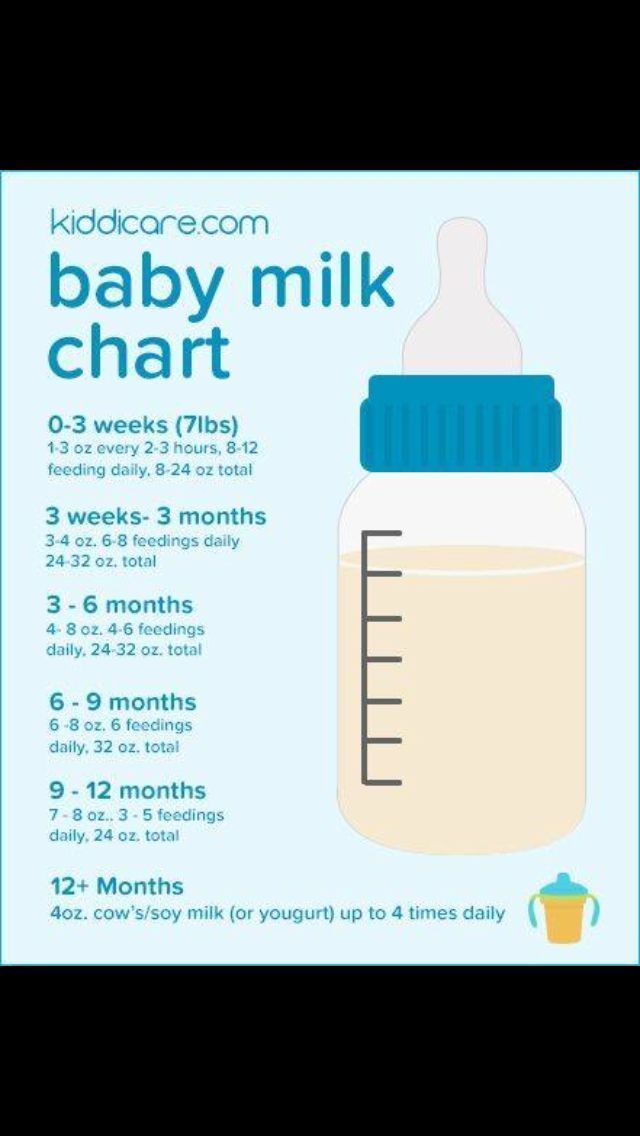 nine0003
nine0003
However, a child's anxiety does not always indicate that he is hungry. Breastfeeding is not only about nutrition, but also about interaction. Sometimes breastfeeding becomes a satisfaction of the need not so much for food as for communication. If the child lacks attention, affection, care, then he can ask for a breast much more often, because at the time of feeding he has the opportunity to closely contact his mother.
— What are cluster feedings and why do they occur? nine0010
— Cluster feedings have been talked about relatively recently. These are situations when the baby is applied to the breast very often for some time, literally "hanging on the chest" to be with his mother.
Peculiarities of cluster feeding:
- are often observed in babies of the first month of life;
- may appear in two to three months or recur sooner;
- often coincide with growth spurts, when the baby's excitability increases, he learns new skills, receives a lot of information from the outside; nine0027
- usually last one or two days, and if it drags on, then it is necessary to analyze the sleep and wakefulness regimen, the presence of overvoltage, the adequacy of the child's nutrition and, if necessary, take measures;
- are not related to the mother's diet - however, in such a rather difficult period, it is desirable that the mother does not have aggravating factors in the form of a strict diet, which will negatively affect her well-being and mood.

A small child depends on his mother. When his level of anxiety rises due to certain changes in the body, he wants his mother to be around as often and as long as possible. Being on his chest for a long time, he calms down. This condition is normal for a child, and there is no need to wait for him to stop asking for breasts or asking for pens. You need to come to terms with the fact that there are such periods in the life of a baby, and organize your life in such a way that frequent cluster feedings do not interfere (slings and other carriers help). nine0003
Cluster feedings occur less often on artificial feeding, because the baby does not associate food with mother as closely as with natural feeding. Mom has other ways of interacting with her baby that compensate for communication during feeding. Feeding on such days usually takes place, but the baby spends more time in her arms, and the mother is more actively involved in his life and pays more attention to him.
It is impossible and unnecessary to feed the child chaotically all the time. When breastfeeding, it is important to take into account the needs of the baby and try to choose something between a regimen and its complete absence. Artificial feeding is easier - the ideal regimen depends on the frequency of feeding in accordance with the age and weight of the baby. When a child begins to ask for food every hour, the first thing to decide is whether he is hungry or has some other need. There are times when a baby needs a mother and he needs more communication, a change in position, a feeding place. This is the norm, not a disease that needs to be treated. Mom needs to carefully observe her baby, learn to feel his needs, and everything will be in order. nine0003
When breastfeeding, it is important to take into account the needs of the baby and try to choose something between a regimen and its complete absence. Artificial feeding is easier - the ideal regimen depends on the frequency of feeding in accordance with the age and weight of the baby. When a child begins to ask for food every hour, the first thing to decide is whether he is hungry or has some other need. There are times when a baby needs a mother and he needs more communication, a change in position, a feeding place. This is the norm, not a disease that needs to be treated. Mom needs to carefully observe her baby, learn to feel his needs, and everything will be in order. nine0003
*The ideal food for a baby is mother's milk. WHO recommends exclusive breastfeeding for the first 6 months. MAMAKO ® supports this recommendation. Before introducing new foods into your baby's diet, consult with a specialist.
* Breast milk is the best food for babies. WHO recommends exclusive breastfeeding for the first 6 months of a child's life and continued breastfeeding after complementary foods are introduced until the age of 2 years. Before introducing new products into the baby's diet, you should consult with a specialist. The material is for informational purposes and cannot replace the advice of a healthcare professional. For feeding children from birth. The product is certified. nine0117
Before introducing new products into the baby's diet, you should consult with a specialist. The material is for informational purposes and cannot replace the advice of a healthcare professional. For feeding children from birth. The product is certified. nine0117
#advice for mom #breastfeeding
See also
Diet and menu for a one year old baby
#Food #transfer to common table
Shalunova Anastasia Ivanovna
member of the Russian Union of Nutritionists, Nutritionists and Food Industry Specialists
Night feedings of a bottle-fed baby
#Advice for Mom
Kizino Polina Alexandrovna
pediatrician, perinatal psychologist
Formula-fed regimen
#Advice for Mom
Kizino Polina Alexandrovna
pediatrician, perinatal psychologist
nine0002 See allView all
Night feedings of a bottle-fed baby
# Tips for mom
Kizino Polina Alexandrovna
pediatrician, perinatal psychologist
Formula-fed regimen
# Tips for mom
Kizino Polina Alexandrovna
pediatrician, perinatal psychologist
See all
View all
View all
Diet and menu for a one year old baby
# Lure # transfer to the general table
Shalunova Anastasia Ivanovna
member of the Russian Union of Nutritionists, Nutritionists and Food Industry Specialists
See all
Top
The child must not | Medical Center
At the moment, services are being re-evaluated, please check with the administrator by phone for details and exact prices.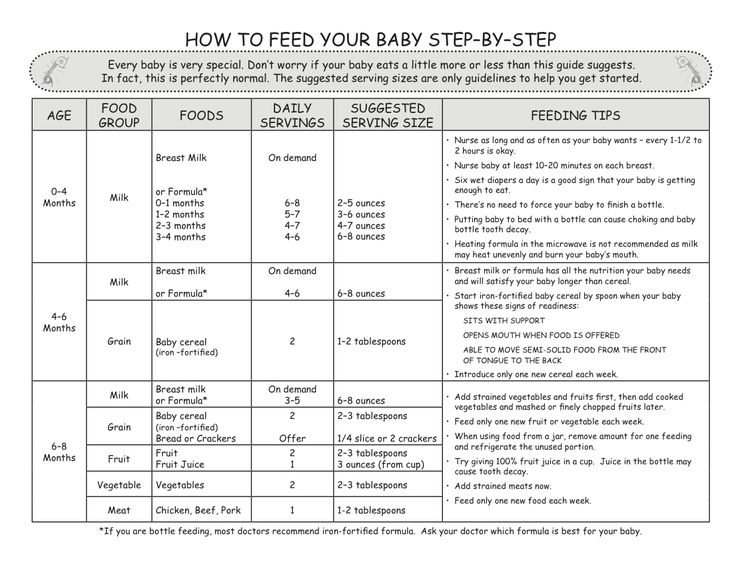 Thanks for understanding!
Thanks for understanding!
Medical Center
8(495)741-10-01
Alekseevskaya metro station, Prospekt Mira, 102, building 23
Paveletskaya metro station, 3rd Monetchikovsky pereulok, 16, building 1
08:00 - 20:00 We are in touch on Whatsapp
Personal account
Show on map
Pediatrician Anastasia Turchinskaya as a lawyer for babies.
The child should NOT:
- sleep through the night. Night feedings are an important part of the diet. It is absolutely normal that the baby asks for food at night every three, two, or even half an hour. Attach the baby to the chest, especially since more prolactin and oxytocin are produced at night - hormones that provide breastfeeding. nine0027
- to be in the crib, not in the arms. Wanting to be held is a normal desire of a child! The instinct that allowed mankind to survive. And although we now do not live in caves and there are no saber-toothed tigers around us, the need to be in the hands of an adult is still basic! So the child is calm, and, therefore, can explore the world, grow and develop.

- is on schedule. The best diet for babies - on demand. The volume of the stomach of the newborn is small. It is normal that the child asks for food every 2 hours, even every half an hour! Breastfeed your baby every time he wants to. nine0027
- poop once a day with yellow poop. The child's stool on breastfeeding can be both every time after feeding, and every few days. Stool color is not permanent and changing from yellow to brown to green is normal! The main guideline is weight gain and good health.
- be convenient. Children of the first year of life are very demanding. They need parents around the clock. Postpone all things to an older age, devote your attention and time to the child. nine0027
- always be healthy. Snot, cough, diarrhea, fever and other manifestations of SARS not only can, but should be in all children! When sick, the child builds up his immunity. Yes, the disease is scary and unpleasant, but it's normal!
- don't cry.




